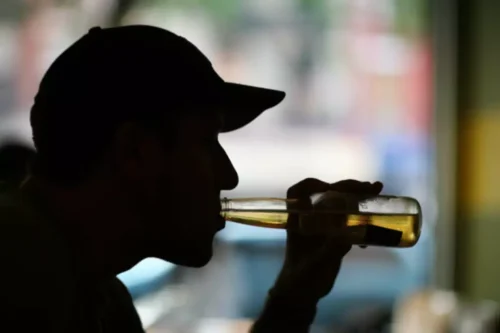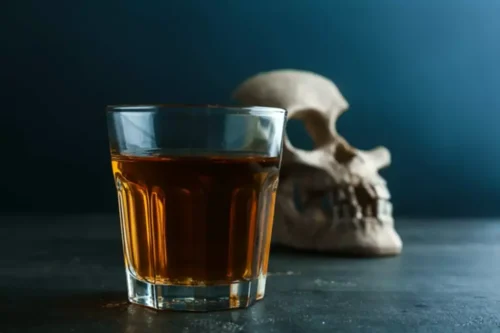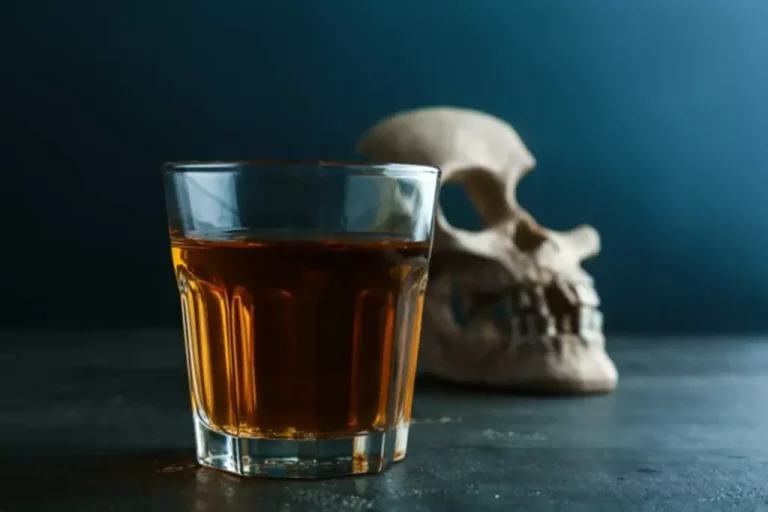
Dopamine levels stay increased in the absence of this specific neurotransmitter as long as the person consumes alcohol. The euphoria that drinking provides the brain can make it impossible for a person to refrain from consuming alcohol. As previously stated, drinking alcohol increases dopamine levels, and if done frequently, the brain adapts.
Weed and Dopamine: The Complex Relationship Between Cannabis and Brain…

Furthermore, the trend toward decreased dopamine release in the males with no abstinence might have become significant had those subjects been put through abstinence periods like the male subjects in Cohort 3 of this study. Looking to the future, there’s still much to learn about the intricate dance between alcohol and dopamine. Ongoing research is exploring new treatment approaches for alcohol use disorders that target the dopamine system. Scientists are also investigating how other factors, such as stress, diet, and exercise, interact with alcohol to influence dopamine function.
Subjects

So, if you drink before the =https://ecosoberhouse.com/ age of 14, there’s about a 50% chance you’re going to develop an alcohol use disorder in your adulthood,” explains Dr. Anand. Dopaminergic neurons produce dopamine from the dietary amino acid tyrosine. The neurons then store the dopamine in small compartments (i.e., vesicles) in the terminals of their axons.
Alcohol and dopamine
Into Action Recovery Centers takes pride in providing a high level of treatment and a holistic approach to recovery for those who suffer from addiction. Our comfortable facility is designed with the client’s needs foremost in mind. Our staff includes master’s level counselors, licensed chemical dependency counselors, 24-hour nursing professionals, a staff psychiatrist, a staff chef, and direct care personnel. Our counseling staff provides individualized treatment and care for our clients with an emphasis on tailoring treatment to the specific needs of each individual. Additionally, our staff provides family counseling, relapse prevention, life skills, and grief and trauma counseling. Cowen M and Lawrence A. The role of opioid-dopamine interactions in the induction and maintenance of ethanol consumption.
Demographic and psychometric data
As it turns out, the complex world of human brain chemistry — particularly the world of a potent neurotransmitter known as dopamine — holds the key to these questions. We may have heard dopamine praised as a “feel-good” chemical, but does alcohol increase dopamine or lower it? Yim H and Gonzales R. Ethanol-induced increases in dopamine extracellular concentration in rat nucleus accumbens are accounted for by increased release and not uptake inhibition. Exciting developments are happening in the world of addiction that will allow clinicians and researchers to develop targeted therapies that may be able to prevent addiction and alcohol-related brain damage in dependent individuals. Dopamine is released in response to rewarding stimuli, creating feelings of pleasure and satisfaction. This release encourages us to repeat behaviors that led to the reward, which is essential for survival-related activities like eating and reproduction.
- Ongoing research is exploring new treatment approaches for alcohol use disorders that target the dopamine system.
- What alcohol does, though, is depress the body’s central nervous system – the system that lets our brain tell our body what to do.
- However, the increased uptake rate could be countered by the observed enhanced release, at least in female caudate.
- Furthermore, the trend toward decreased dopamine release in the males with no abstinence might have become significant had those subjects been put through abstinence periods like the male subjects in Cohort 3 of this study.
- For instance, cocaine and amphetamines cause a much more dramatic spike in dopamine levels.

It can remodel neural pathways to overcome self-destructive habits and behaviors and develop new pathways leading to healthy and sober lifestyle choices. Many medical practitioners recommend a ninety-day time frame for dopamine recovery. According to one study, including mindfulness and meditation in addiction treatment can reduce the alcohol and dopamine chance of relapse. The study also suggests that mindfulness meditation can remodel brain networks that can lead to recurrence.
All psychoactive drugs can activate the mesolimbic DA system, but the DA system is not the only system involved in the positive reinforcement network in the NAc. Previous research about the neurobiochemisty of alcohol dependence has focused on the DA system, but many of the findings have been contradictory. The alcohol-induced stimulation of dopamine release in the NAc may require the activity of another category of neuromodulators, endogenous opioid peptides. Opioid peptide antagonists act primarily on a brain area where dopaminergic neurons that extend to the NAc originate. These observations indicate that alcohol stimulates the activity of endogenous opioid peptides, leading indirectly to the activation of dopaminergic neurons. Opioid peptide antagonists would interfere with this process, thereby reducing dopamine release.

Neural pathways aid in the effectiveness of repetitive actions and behaviors, which is beneficial for healthy habits such as exercise, playing an instrument, or cooking. It’s a complicated organ with billions of neurons shooting messages to each other to sustain critical life functions, coordinate muscular action, and learn new skills. The effectiveness of current attempts to prevent and treat alcoholism is quite low. Improving the outcomes of treatment and prevention initiatives requires a better understanding of the biological mechanisms that underpin addiction. Dopamine plays many important roles in the body, affecting moods, memory and sensations of pleasure and pain. The chemical is also involved in movement, motivation and reinforcement.
Get Serious About Psychiatry Learning

It’s important to note that dopamine levels can recover after quitting alcohol, but this process can take time and may require professional support. The brain’s ability to adapt and heal, known as neuroplasticity, means that with abstinence, the dopamine system can gradually return to a more balanced state. However, it’s important to note that while alcohol initially boosts dopamine levels, its effects on the dopamine system are far more complex and potentially problematic in the long term. The relationship between alcohol and dopamine is not a simple one of increase or decrease, but rather a dynamic interaction that changes over time and with repeated exposure. When consumed, alcohol affects various neurotransmitter systems, including dopamine.
Alcohol drug addiction also impairs key brain areas, including the cerebral cortex and frontal lobes, worsening judgment, decision-making, impulsivity, and disorganization—core challenges for those with ADHD. Avoiding these combinations is essential to prevent severe and potentially life-threatening outcomes. Some teens believe cannabis helps with ADHD symptoms or medication side effects, but research shows it may actually worsen inattention. You’ll meet millions of fellow Reframers from around the globe in our 24/7 forum chat and daily Zoom check-in meetings. Receive encouragement from people who know just what you’re going through!

